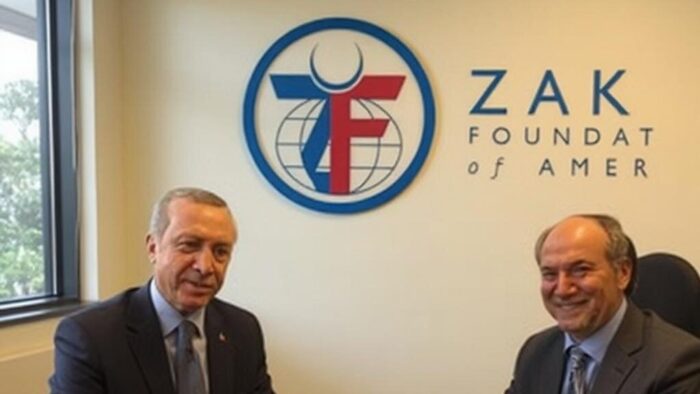On November 23, 2024, the Nordic Monitor reported that the Turkish opposition has accused the government of interfering with recruitment at the European Court of Human Rights, particularly in blocking Kurdish candidates. The article begins:
A member of the main opposition party in the Turkish parliament has submitted a written inquiry addressed to Foreign Minister Hakan Fidan alleging government interference in recruitment processes at the European Court of Human Rights (ECtHR). According to the MP, the Turkish government has influenced hiring decisions through Turkish staff working at the ECtHR, resulting in the exclusion of a candidate deemed unsuitable due to ethnic background. The inquiry suggests that political considerations, rather than professional qualifications, led to the individual being overlooked for the position. In a written parliamentary inquiry submitted on October 11, Sezgin Tanrıkulu, a member of the Republican People’s Party (CHP), raised allegations regarding potential interference in hiring practices at the ECtHR. Tanrıkulu claims that Associate Professor Ümit Kılınç, a former Kurdish employee at the Council of Europe, was overlooked for a position at the ECtHR despite having strong qualifications. Kılınç was ranked second in the 2021 written exam for the position and was fourth on the waiting list after an oral examination. However, he was ultimately not hired. Tanrıkulu further noted that the fifth and sixth candidates on the list were hired for the department responsible for the execution of ECtHR rulings.
Key Points:
- Opposition MP claims a qualified Kurdish candidate was bypassed for the ECtHR position despite ranking high in examinations and interviews.
- Turkish diplomatic missions allegedly flag candidates with Kurdish connections, influencing their employment prospects at international institutions.
- Key Turkish officials at ECtHR, including division head Hasan Bakırcı, face accusations of bias in cases against the Turkish government.
- Turkish judge Saadet Yüksel’s appointment raised concerns about government influence, with some calling her a “Trojan horse.”





